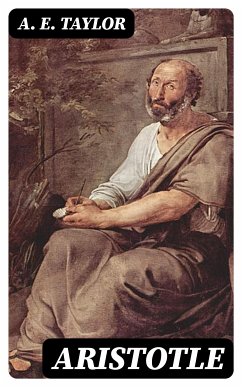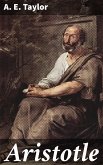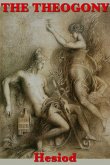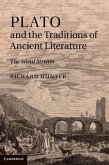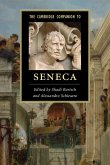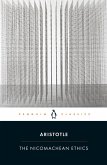In "Aristotle," A. E. Taylor delivers a comprehensive and critical examination of one of history's most pivotal philosophers, illuminating the intricate tapestry of Aristotle's thought. Taylor's narrative seamlessly intertwines historical context with philosophical analysis, showcasing Aristotle's contributions to metaphysics, ethics, and natural philosophy. Drawing on a breadth of primary texts and secondary literature, the book emphasizes an accessible yet scholarly tone, making it an essential resource for students and scholars alike. Taylor's deep engagement with Aristotle's work reveals the enduring relevance of his ideas in contemporary philosophical discourse. A. E. Taylor, a prominent Scottish philosopher and scholar, is well-known for his expertise in ancient philosophy and his commitment to making complex ideas accessible to a wider audience. His academic background and immersion in classical studies catalyzed his desire to elucidate Aristotle's significance in the development of Western thought. Taylor's extensive career, marked by profound insights and pedagogical dedication, reflects his deep admiration for Aristotle and the intellectual rigor involved in unpacking his ideas. Highly recommended for anyone seeking to understand the foundational principles of Western philosophy, Taylor's "Aristotle" stands as a vital text that not only broadens the reader's knowledge of Aristotle but also encourages a critical engagement with philosophical inquiry. It is an invaluable companion for students, educators, and scholars who wish to grasp the complexities and nuances of Aristotelian thought.
Dieser Download kann aus rechtlichen Gründen nur mit Rechnungsadresse in A, B, BG, CY, CZ, D, DK, EW, FIN, F, GR, H, IRL, I, LT, L, LR, M, NL, PL, P, R, S, SLO, SK ausgeliefert werden.

